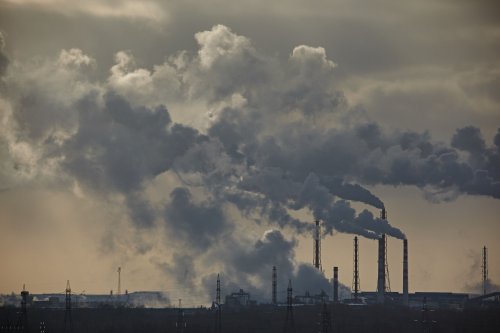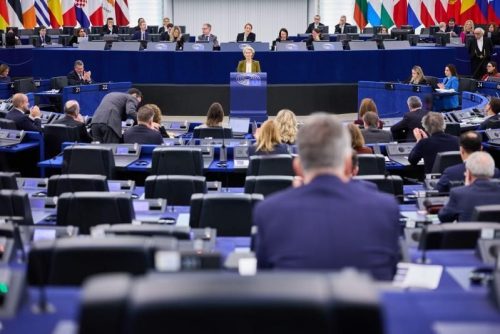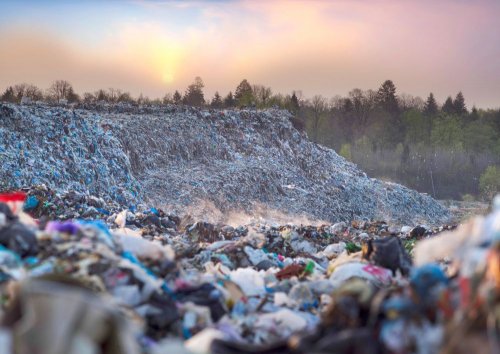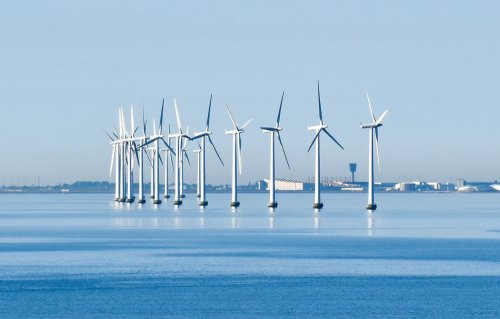Representatives of the European Parliament and the Council of the EU have reached a preliminary agreement on the Zero Emission Industry Act to support domestic production of green technologies.
The document aims to ensure that the EU achieves the 40% production of solar panels, fuel cells, electrolyzers, etc. by 2030, Science Business reports.
It is noted that the law does not offer subsidies, but encourages investment through:
- simplification of the process of obtaining permits for strategic projects – up to 18 months for large production projects and 12 months for smaller ones;
- updating the rules of public procurement in favor of European manufacturers;
- supporting the development of regional clusters.
The list of technologies includes:
- solar panels;
- wind turbines;
- fuel cells;
- electrolyzers;
- accumulators;
- network technologies;
- nuclear power (small modular and traditional reactors).
MEP Christian Eller emphasized that Europe has reacted for the first time to the US Inflation Reduction Act (IRA), which directs $369 billion to the green technology sector. The Law "On Industry with Zero Emissions" is the first step in ensuring the economic justification of industrial decarbonization and the implementation of the Green Deal beyond the mere regulatory framework.
"If Europe wants to play a leading role in the transition to clean energy, we need to ensure strong European production capacity and create better conditions for investment in new projects," said European Commissioner for Energy Kadri Simson.
It is noted that the law does not provide for additional funding for projects. It is planned to be linked to the Strategic Technology Platform for Europe (STEP) and mobilize funding from other sources, including cohesion policy funds, InvestEU, Horizon Europe, and revenues from the greenhouse gas emissions trading system (ETS).
The article adds that the law will also help accelerate the creation of regional clusters of companies involved in a particular technology to support reindustrialization and further simplify administrative procedures. It will also help avoid dependence on green technology imports from China.
The agreement must now be formally approved by the co-sponsors, starting with a vote in the European Parliament's Industrial Committee.
Earlier, EcoPolitc wrote, that, the European Commission has unveiled ambitious climate goals for 2040, which include a 90% reduction in emissions.
As EcoPolitics previously reported, in March 2023, the European Commission began drafting a law on Zero Emission Industry, which aims to speed up permitting procedures for key projects in 5 areas of green technologies.





